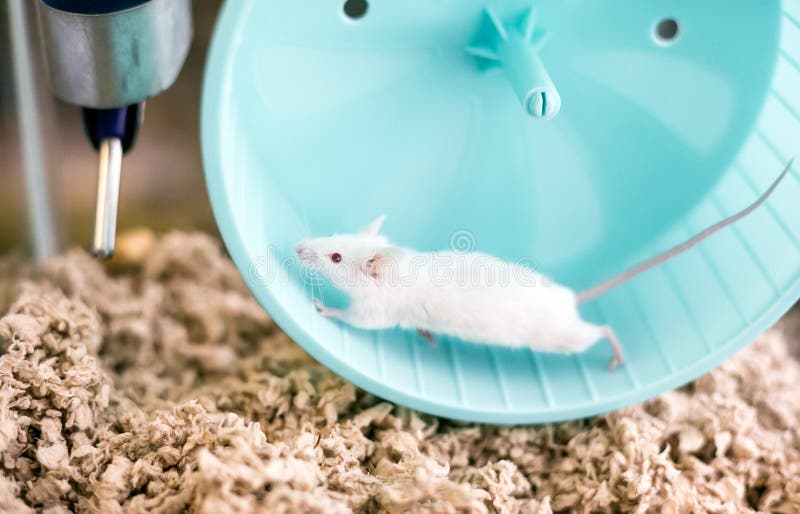A great dream in neurodegenerative diseases is to regenerate the brain's cells. Alas, half of the brain's cells are neurons and they do not divide, except for a tiny portion of them which are located in a small structure deep in the brain.
Neurogenesis is most active during embryonic development and is responsible for producing all the various types of neurons of the organism, but it continues throughout adult life in a variety of organisms. Once born, neurons do not divide (mitosis), and many will live the lifespan, except under pathogenic circumstances.
In humans, adult neurogenesis has been shown to occur at low levels compared with development, and in only three regions of the brain: the adult subventricular zone (olfactory sense) of the lateral ventricles, the amygdala emotion, socialization) and the dentate gyrus of the hippocampus (inhibition of impulses, episodic memory, and spatial cognition). Neurogenesis in the human hippocampus decreases sharply after the first years. The hippocampus is a neural structure located deep inside the medial temporal lobe of the brain. It has a distinctive, curved shape that has been likened to the sea horse.
Prior research has demonstrated that there are conditions which increase the rate of neurogenesis, such as voluntary running or pharmacological treatment with memantine. On the contrary, conditions that decrease neurogenesis, such as natural aging or pharmacological treatment, have been shown to increase the expression density of perineuronal nets in the hippocampus's CA1 area. Perineuronal nets (PNNs) are extracellular matrix structures that regulate the excitability and potential for plasticity of the cells they surround. So it seems (but everything is complicated in biology) that the more perineuronal nets means the less neurogenesis.
Aerobic exercise has been shown to modulate short-term cognitive performance and long-term cognitive outcomes in many ways. In particular, running has been found to impact learning and memory ability in a timing-dependent manner.
 Running before learning aids in the formation of new memories, yet, running after learning promotes the forgetting of recently acquired information!
Running before learning aids in the formation of new memories, yet, running after learning promotes the forgetting of recently acquired information!
One of the mechanisms that seems to contribute to this relationship between running and cognition is adult hippocampal neurogenesis, which increases with running. With increased neurogenesis, the excitability of the dentate gyrus changes, which has knock-on effects across the hippocampus.
Aerobic exercise has many effects on brain function, particularly in the hippocampus. Exercise has been shown to increase the rate of adult neurogenesis within the dentate gyrus and decrease the density of perineuronal nets in the hippocampus's CA1 area. The relationship between the rate of neurogenesis and the density of perineuronal nets in CA1 is robust; however, these studies only ever examined these effects across longer time scales, with running manipulations of 4 weeks or longer. With such long periods of manipulation, the precise temporal nature of the relationship between running-induced neurogenesis and reduced perineuronal net density in CA1 is unknown.
Here, the authors provided male and female mice with home cage access to running wheels for 0, 1, 2, or 4 weeks and quantified hippocampal neurogenesis and CA1 perineuronal net density. In doing so, the authors observed a 2-week delay before the increase in neurogenesis, coinciding with the delay before the decreased CA1 perineuronal net density. These results highlight the closely linked temporal relationship between running-induced neurogenesis and decreased perineuronal net expression in CA1.
If this article is about mice, one reader of this blog could speculate if running could improve the conditions of Alzheimer's or Parkinson's disease sufferers. Obviously it would be complicated to make those patients to run periodically. Most of them are disabled and some of them have nearly no physical activity. Maybe some adapted device like an exercise bike that is usable in a recumbent or lying position and under supervision by health professionals could be useful.
